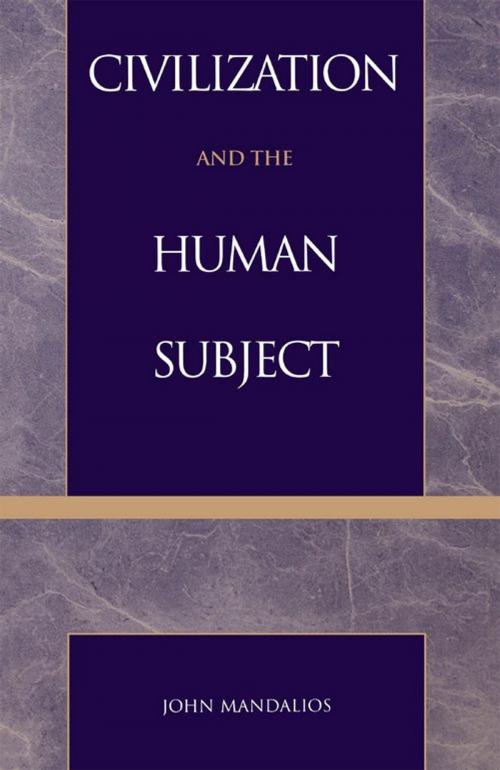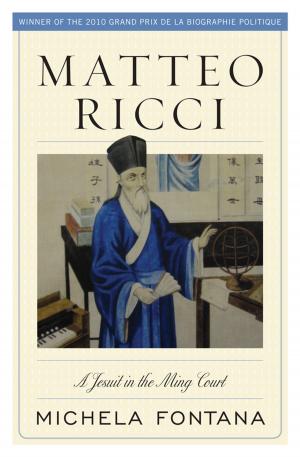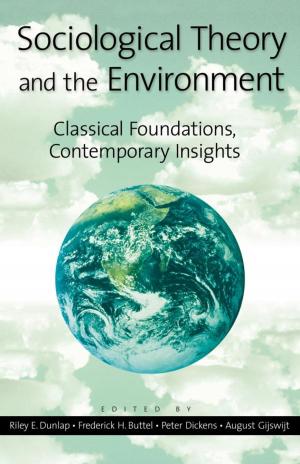| Author: | John Mandalios | ISBN: | 9780742573673 |
| Publisher: | Rowman & Littlefield Publishers | Publication: | September 8, 1999 |
| Imprint: | Rowman & Littlefield Publishers | Language: | English |
| Author: | John Mandalios |
| ISBN: | 9780742573673 |
| Publisher: | Rowman & Littlefield Publishers |
| Publication: | September 8, 1999 |
| Imprint: | Rowman & Littlefield Publishers |
| Language: | English |
Recent debates have highlighted the importance of the self to a better understanding of the nature of culture and its relation to power. In his new book, John Mandalios incorporates the current 'postmodern' debate on these issues with a deeper, philosophical exploration of identity and cultural formation, and the dynamics of social power underlying them. He takes up identity formation within an analysis of the historical, social, political, religious, and psychoanalytical dimensions of civilized life that can be traced back to the classical world. Questions ordinarily associated with the 'postmodern condition'_otherness, fragmentation, power, the situated self, disciplinary practices, and multiplicity_are related to the problematic of human subjectivity and how civilized modes of conduct of the self cannot simply be explained by national cultural traditions. Mandalios argues that self-identity is not reducible to the effects of globalization or power or any one single collective identity representation. The self is enveloped within a complex which requires a 'civilization-analytic' perspective into the world and the inner life.
Recent debates have highlighted the importance of the self to a better understanding of the nature of culture and its relation to power. In his new book, John Mandalios incorporates the current 'postmodern' debate on these issues with a deeper, philosophical exploration of identity and cultural formation, and the dynamics of social power underlying them. He takes up identity formation within an analysis of the historical, social, political, religious, and psychoanalytical dimensions of civilized life that can be traced back to the classical world. Questions ordinarily associated with the 'postmodern condition'_otherness, fragmentation, power, the situated self, disciplinary practices, and multiplicity_are related to the problematic of human subjectivity and how civilized modes of conduct of the self cannot simply be explained by national cultural traditions. Mandalios argues that self-identity is not reducible to the effects of globalization or power or any one single collective identity representation. The self is enveloped within a complex which requires a 'civilization-analytic' perspective into the world and the inner life.















